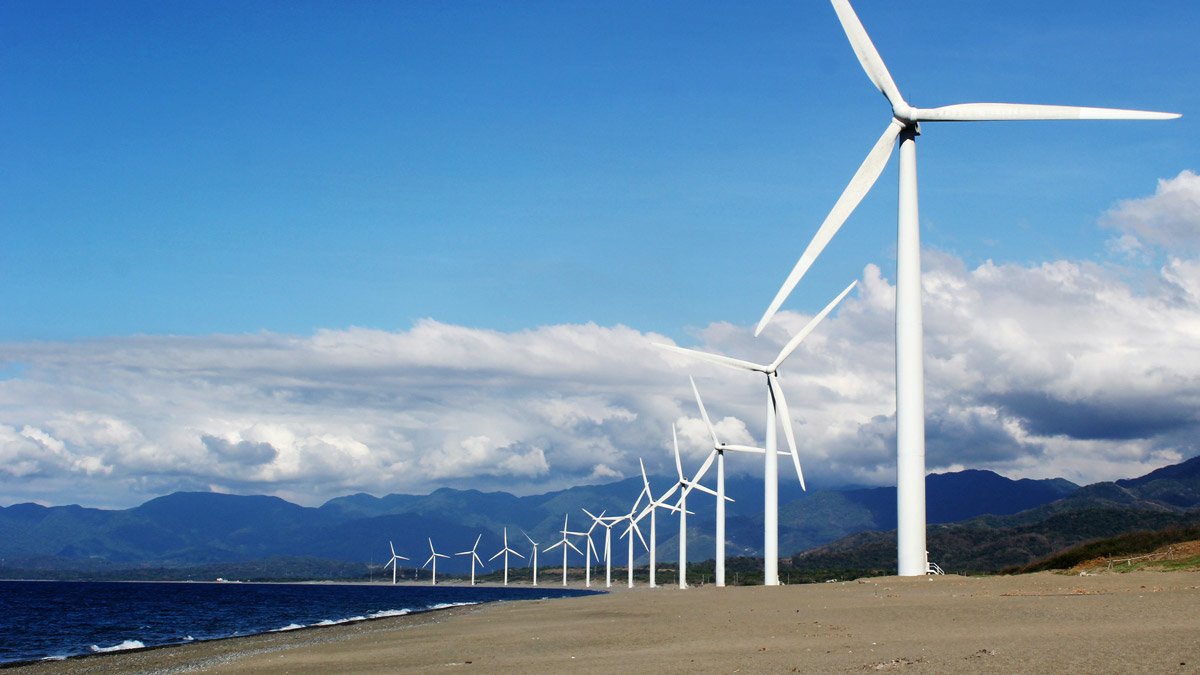Credit Suisse: Inflation Reduction Act's Climate and Energy Provisions to Drive Green Investments and Transform US Industries
Credit Suisse estimates that the Inflation Reduction Act (IRA) of 2022 will have a significant impact on climate and energy-related spending, exceeding $400 billion over the next decade. The IRA's provisions target key areas such as the power sector, clean electricity generation, energy storage, and transmission. However, Credit Suisse suggests that the actual climate spending may surpass this estimate due to uncapped incentives, the leverage effect of public spending, and subsidized lending programs.
The analysis emphasizes the potential for the United States to become a leading global energy supplier by capitalizing on strategic advantages in natural resources, infrastructure, and technical expertise. With the implementation of the IRA's clean electricity and manufacturing tax credits, the cost of U.S. solar and wind energy is projected to be highly competitive worldwide. This positions the U.S. as a potential exporter of clean energy. Additionally, the incentives for clean hydrogen production and affordable clean electricity may make the cost of green hydrogen on the Gulf Coast one of the lowest globally.
While the IRA presents significant opportunities for climate action, Credit Suisse also acknowledges challenges that need to be addressed. Currently, the U.S. faces global competitiveness issues in the production of lithium ion batteries and critical minerals for electric vehicles (EVs). Furthermore, the effectiveness of the $7,500 EV credit in incentivizing automakers to transform their supply chains remains uncertain.



